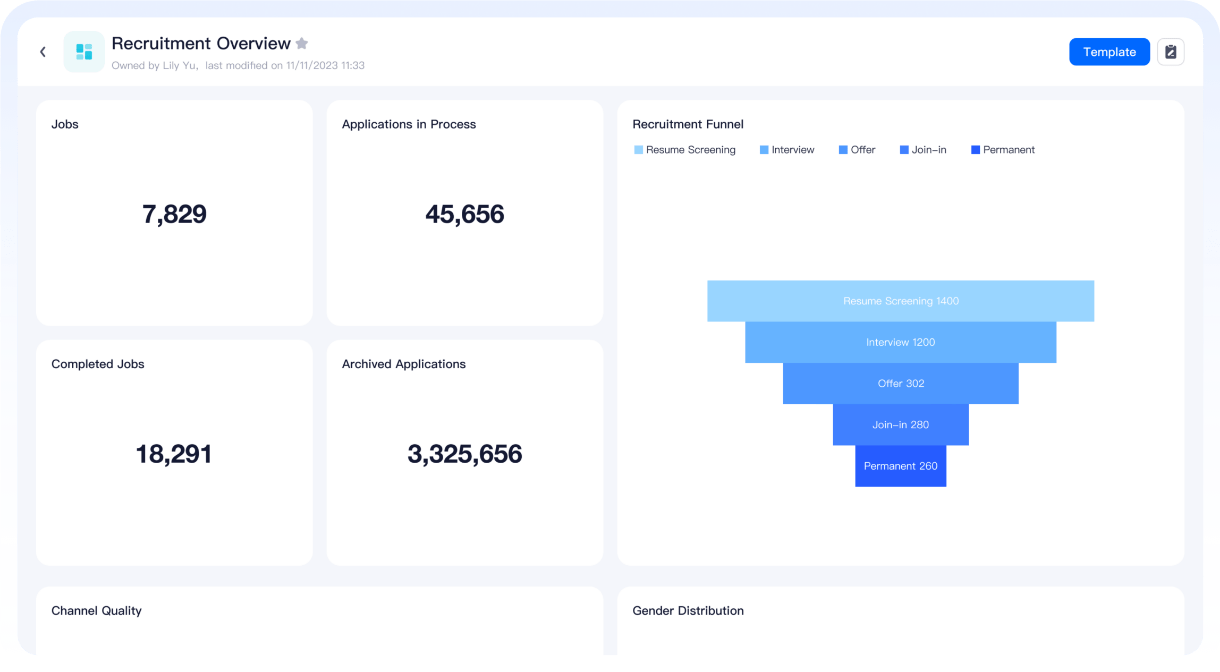Did you know that over 70% of companies now utilize online human resource management systems (HRMS) to streamline their operations? This staggering statistic highlights the growing reliance on technology in managing human resources. However, as we embrace these digital solutions, it’s crucial to understand the legal and regulatory attributes that govern them.
The Framework of Online Human Resource Management Systems

Online human resource management systems are comprehensive platforms designed to manage employee data, recruitment processes, payroll, and compliance with labor laws. These systems must adhere to various legal regulations such as data protection laws like GDPR or HIPAA in healthcare settings. Additionally, they play a significant role in Environmental Law by ensuring that organizations comply with environmental regulations related to employment practices and sustainability initiatives.
Find more about recruitment ats and crm.
Diving Deeper into Recruitment ATS and CRM within Environmental Law
Recruitment Applicant Tracking Systems (ATS) and Customer Relationship Management (CRM) tools integrated into HRMS have specific features aligned with Environmental Law. For instance, these systems can help track candidates’ qualifications for roles focused on sustainability or environmental stewardship. Moreover, they facilitate transparent reporting on diversity hiring practices—an essential aspect when considering corporate social responsibility under environmental legislation.
Click MokaHR.
MokaHR’s Unique Features Related to Environmental Law
- Sustainability Metrics: MokaHR includes functionalities for tracking employees’ contributions towards sustainable practices within the organization.
- Compliance Monitoring: It ensures adherence to local and international environmental regulations during recruitment processes.
- Diversity Initiatives: MokaHR supports programs aimed at promoting diverse hiring which aligns with broader societal goals regarding equity in employment opportunities.
- User Training Modules: The platform offers training modules focusing on environmental awareness for all employees—a proactive approach toward fostering an eco-friendly workplace culture.
A Concluding Perspective
The integration of online human resource management systems is not just about efficiency; it also encompasses a commitment to legal compliance across various domains including Environmental Law. As organizations continue adopting these technologies, understanding their legal implications will be vital for maintaining ethical standards while promoting sustainability initiatives within the workforce.
